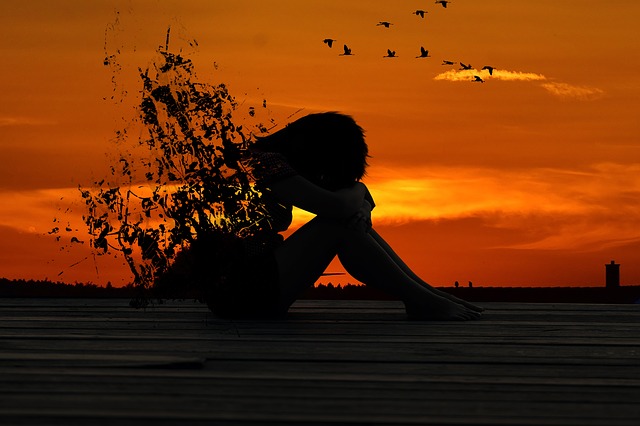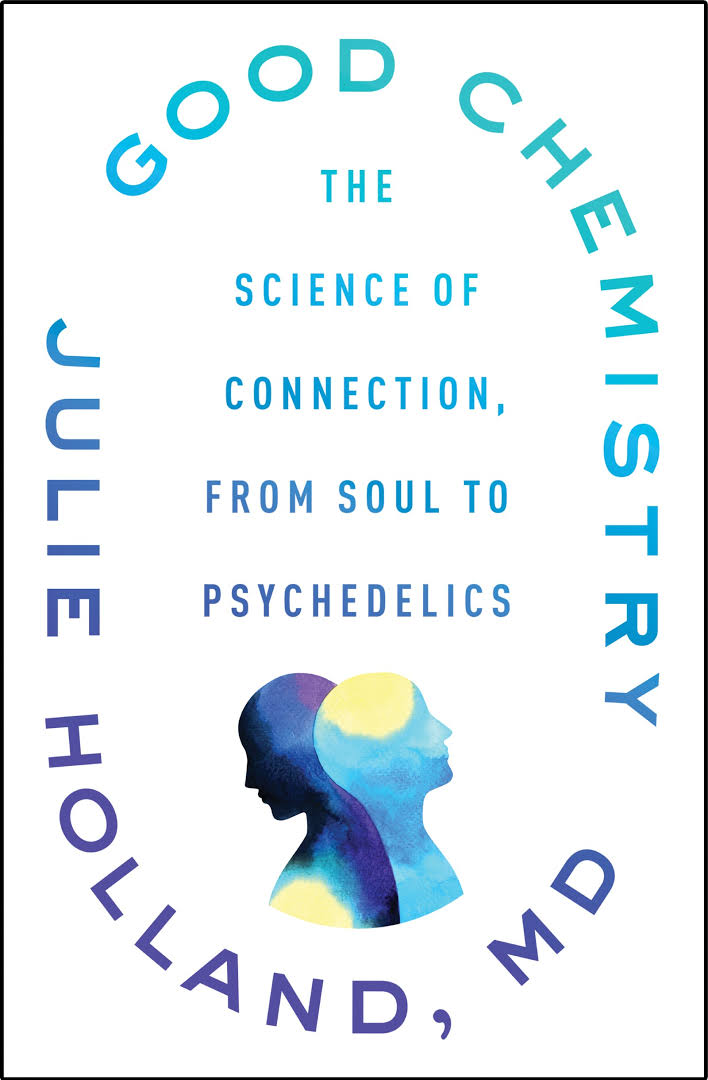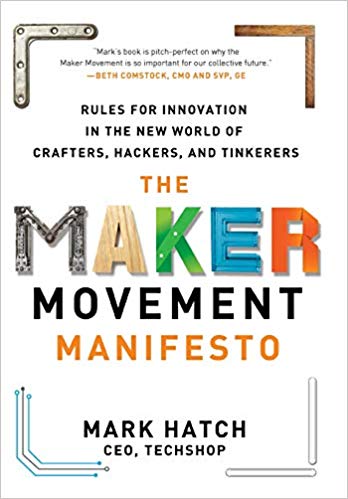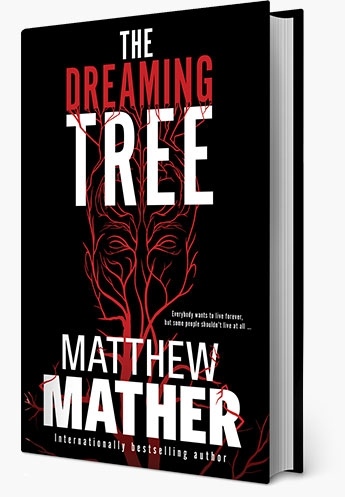Top 9 books about loneliness
Top 9 books about loneliness
1. Robinson Crusoe by Daniel Defoe (1719)
Drenched in the contemporaneous racism of crusaders and cannibals, Robinson Crusoe is often read as a study in religious redemption and a search for the self. Unlike Tom Hanks’s character in the Crusoe-inspired film Castaway (2000), Crusoe is not lonely. The word is never mentioned and he may rail at God, but the universe he inhabits has certainty and meaning.
2. Frankenstein by Mary Shelley (1818)
This well-known tale (by a writer still, depressingly often, dismissed as “Shelley’s wife”) is one of the first fictive attempts to identify loneliness and social disconnect. Written when science was being “mastered”, and drawing on concerns about social alienation and the exploitation of nature, Frankenstein was also written when the word loneliness was just emerging. It contains just two references to loneliness (and one of those is a lonely road, reflecting its unemotional origin as a synonym for solitude). Yet the angst of Frankenstein’s monster, guilty of sin, abandoned and lost, expresses a remarkably familiar, modern version of loneliness.
3. A Writer’s Diary by Virginia Woolf (1953)
By the 1940s, when “loneliness” was in widespread use to mean emotional isolation, Woolf wrote of its uses. For how else, other than through loneliness, could she disconnect from the world? Published posthumously by her husband Leonard, the book comprises extracts from the diaries she kept from 1918 until 1941, the year she died by suicide. It is filled with fascinating detail on her writing life and the Bloomsbury set of which she was part, as well as critical reflections on loneliness in a gendered world.
4. The Bell Jar by Sylvia Plath (first published in 1963 under the pseudonym Victoria Lucas)
Plath’s novel explores a loneliness that again stemmed from social expectation – this time, what it was to be a woman in the 1950s, juggling the expectations of work, domesticity and desire. The agonising loneliness and mental illness described by its narrator Esther Greenwood connect to Plath’s own life, as described in her journals and letters. Plath killed herself just one month after its publication.
5. Human Nature and the Need for Social Connection by John T Cacioppo and William Patrick (2009)
In the early 21st century, loneliness began to be a medical as well as a social concern. In light of an ageing population, with health risks attached to loneliness, post-industrial societies needed to look at causes. Together with his wife Stephanie, the late John Cacioppo (et al) undertook path-breaking work in the neuroscience of loneliness. This book was one of the first to describe loneliness as a form of contagion; it gives a neuroscientific explanation for the physical damage caused by social isolation, from hearts and neurons to the immune system.
6. The Lonely City by Olivia Laing (2016)
Laing explores the paradox of loneliness in the city – multitudes of others alongside an “omnipresent, unanswerable feeling that I was in a state of lack”. She also considers the sense of blame attached (which reminds me of the dismissal of lonely people in the UK as “Billy no-mates”, as though they are lonely for a reason). Loneliness can bring creativity, too, Laing reminds us, via a (strikingly male) lineup of artists that includes Edward Hopper, Edward Darger and Andy Warhol.
7. Eleanor Oliphant Is Completely Fine by Gail Honeyman (2017)
The winner of the 2017 Costa first novel award, this book focuses on the eponymous social misfit, who is isolated and lonely. An abusive childhood, facial scarring and her social awkwardness contribute to her sense of being misunderstood. When asked how she is, she always replies: “Absolutely fine.” It is only when she befriends Raymond, or is befriended by him, that she begins to understand how to have a friend, and to belong.
8. One Hundred Years of Solitude by Gabriel García Márquez
I didn’t know that playing the fool in Señora Yamin-Ali’s Spanish classes would come back to bite my tail. I can only read this book in translation. They say the original is even more magical. Jeez-an-ages, there’s nothing the Buendía family don’t pass through in the seven generations we follow in this novel. Each exit from this dreamworld leaves me bereft.
9. The Poisonwood Bible by Barbara Kingsolver
People told me to read this book, but I left it for years. Now I am the one telling everyone else to hurry up and read it. Check this out: a missionary takes his wife and daughters from Georgia to the Belgian Congo, and within months the family tragically unravels. Told in multiple voices over three decades, we chart their reconstruction, as individuals and as a family, against the backdrop of a changing Africa. I tell you, this book burn my heart. Plus, the writing is glorious.
 1 / 1
1 / 1


